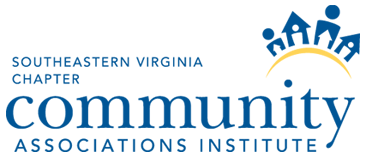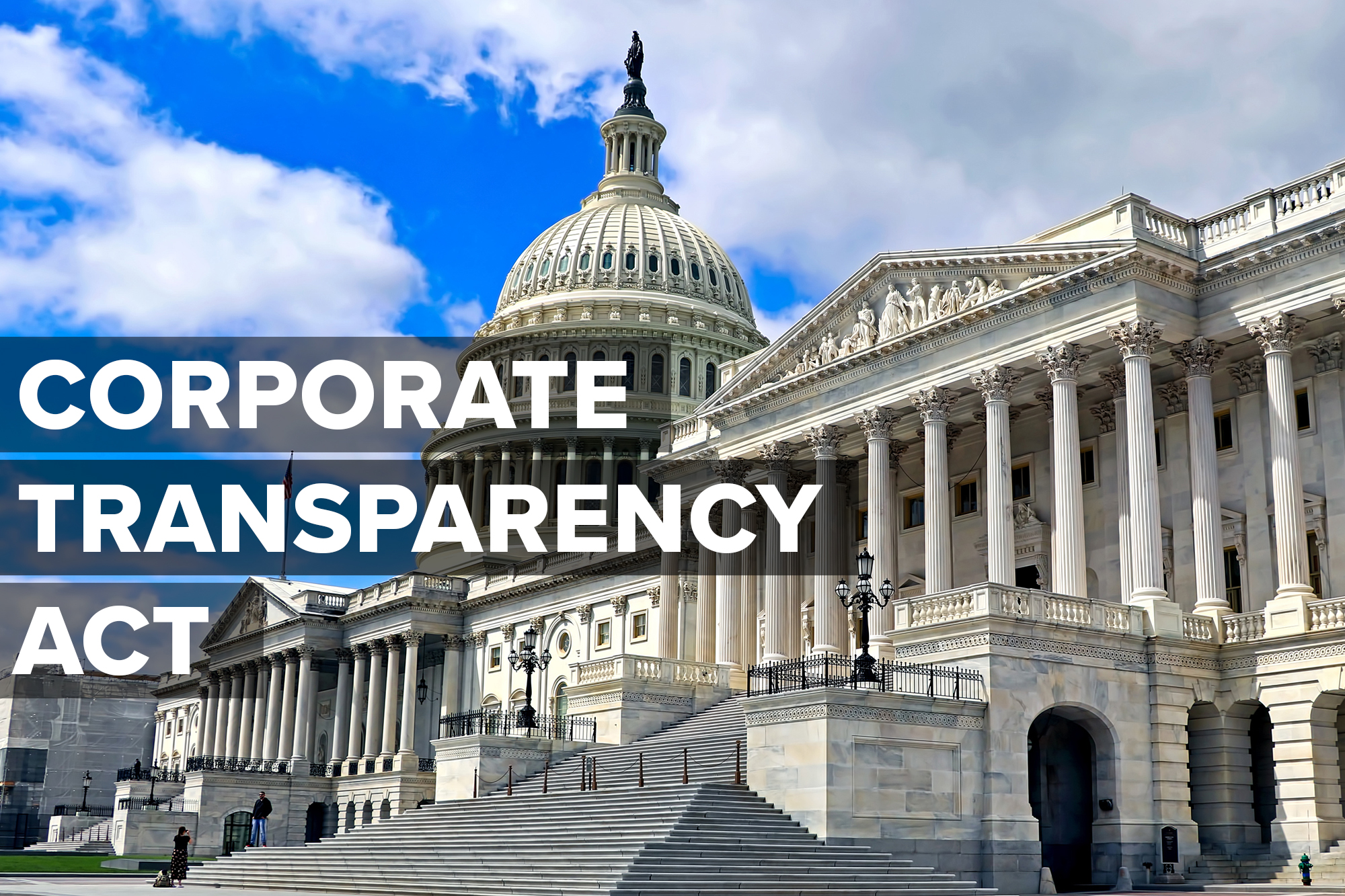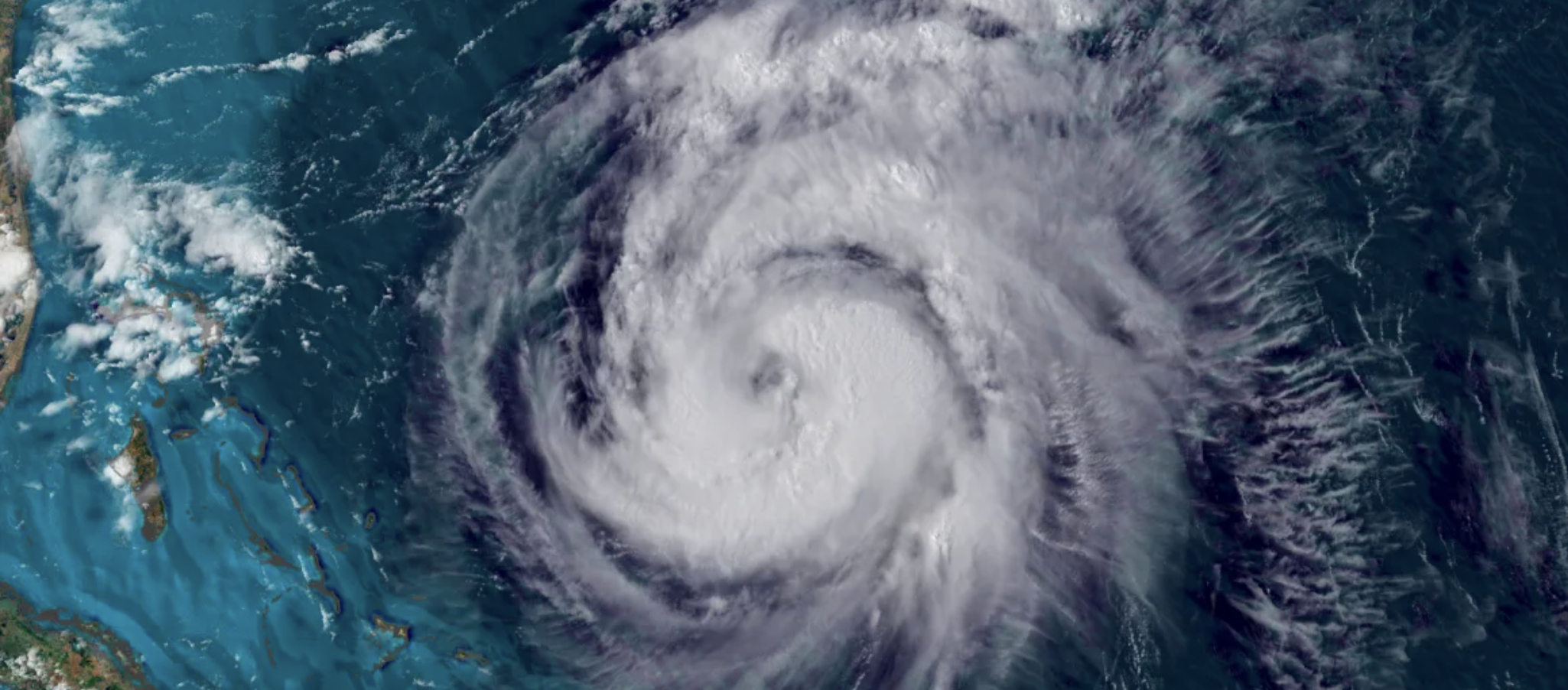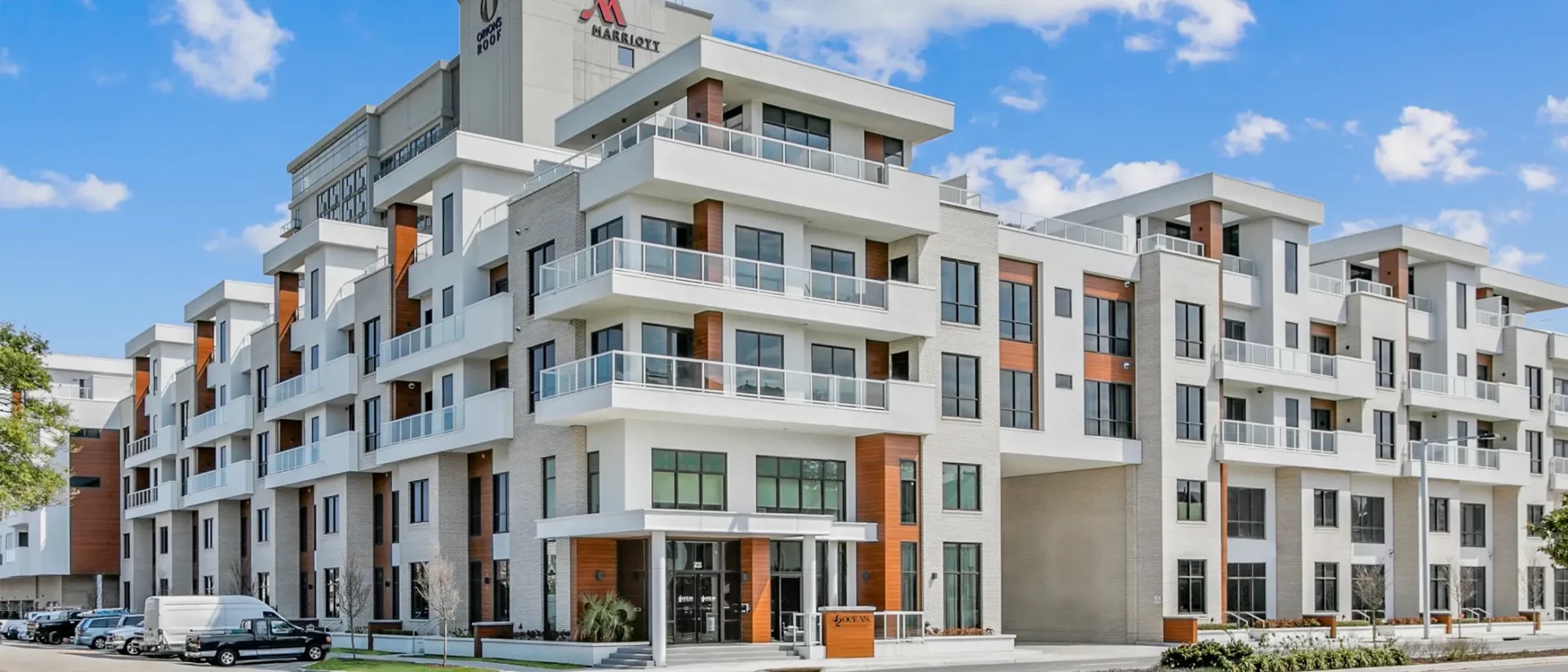
On Dec. 23rd, the Fifth Circuit Court of Appeals granted a stay over the injunction issued by the U.S. District Court for the Eastern District of Texas earlier this month, and issued a court order reinstating the January 1, 2025, beneficial ownership information (BOI) filing deadline under the Corporate Transparency Act (CTA) for applicable community associations required to file under federal statute.


 Look What's Back!
Look What's Back!














